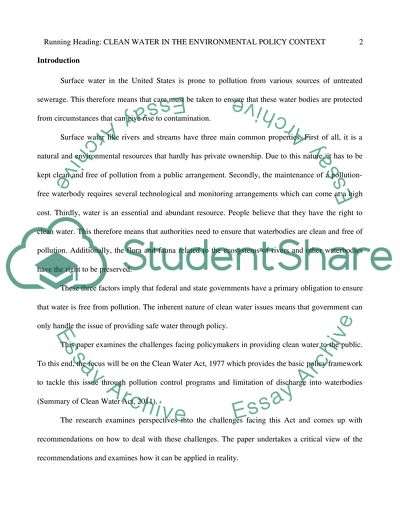Cite this document
(The Problem of Apathy and Economic Rationalization Essay Example | Topics and Well Written Essays - 2250 words, n.d.)
The Problem of Apathy and Economic Rationalization Essay Example | Topics and Well Written Essays - 2250 words. https://studentshare.org/environmental-studies/1441254-the-problem-of-apathy-and-economic-rationalization
The Problem of Apathy and Economic Rationalization Essay Example | Topics and Well Written Essays - 2250 words. https://studentshare.org/environmental-studies/1441254-the-problem-of-apathy-and-economic-rationalization
(The Problem of Apathy and Economic Rationalization Essay Example | Topics and Well Written Essays - 2250 Words)
The Problem of Apathy and Economic Rationalization Essay Example | Topics and Well Written Essays - 2250 Words. https://studentshare.org/environmental-studies/1441254-the-problem-of-apathy-and-economic-rationalization.
The Problem of Apathy and Economic Rationalization Essay Example | Topics and Well Written Essays - 2250 Words. https://studentshare.org/environmental-studies/1441254-the-problem-of-apathy-and-economic-rationalization.
“The Problem of Apathy and Economic Rationalization Essay Example | Topics and Well Written Essays - 2250 Words”. https://studentshare.org/environmental-studies/1441254-the-problem-of-apathy-and-economic-rationalization.


